American sports spent more than a century keeping gambling as far away as possible, in the name of preserving competitive purity and repelling scandal and corruption.
Now, less than six years after the Supreme Court opened the door for states to embrace legal sports betting, major U.S. leagues are already confronting the darker sides of sports betting with alarming frequency. And at the heart of the problems is the population whose ability to bet on sports is the most severely curbed: the athletes themselves.
The past two weeks alone have seen players across the major professional and college leagues drawn into a building avalanche of gambling scandals that showed just how perilous the new landscape has become.
Earlier this month, the National Basketball Association fielded complaints from players and a head coach about betting’s growing influence and its potential dangers. Days later, Toronto Raptors forward Jontay Porter became the subject of a league investigation of alleged suspicious betting activity. The National Football League, meanwhile, suspended 10 players for betting just last year.
The controversies have extended into the collegiate ranks as well. In the buildup to March Madness—the biggest sports-betting event in America—the Temple University men’s basketball team was flagged by prominent gambling watchdog firm U.S. Integrity for suspicious wagering activity on its games.
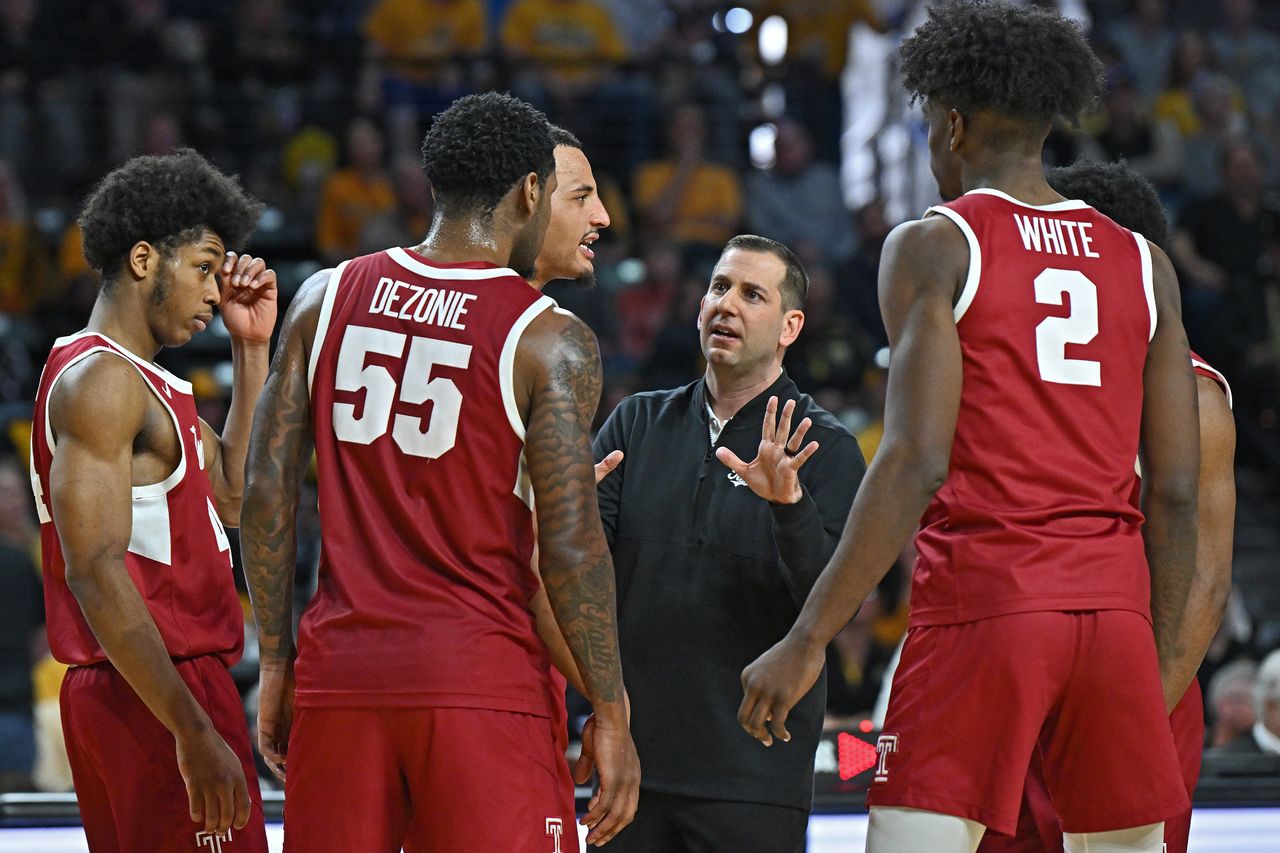
The situation has become worrisome enough that National Collegiate Athletic Association president Charlie Baker on Wednesday amped up his organization’s call for a nationwide ban on bets on the performance of individual college athletes. He added that “these last several days show there is more work to be done.”
Last week, a nightmare scenario in Major League Baseball also served as a reminder that, even as legal gambling proliferates, illegal gambling in the U.S. remains a potent force. Los Angeles Dodgers superstar Shohei Ohtani, the highest paid athlete in American sports history, found himself embroiled in a betting scandal stemming from his longtime interpreter’s association with an alleged illegal bookmaker who is under federal investigation.
Ohtani has denied that he ever bet on sports and accused the interpreter, Ippei Mizuhara, of stealing millions from Ohtani to pay off his own gambling debts. Mizuhara couldn’t be reached for comment.
The major professional sports bodies, which have all embraced the legal gambling landscape by striking deals with betting companies, now realize just how much they have to lose as the new era unfolds.
“All of the positive benefits and additional fan engagement that could potentially come from sports betting mean nothing if we’re not protecting the integrity of the game,” Marquest Meeks, MLB’s deputy general counsel for sports betting and compliance, said in an interview last summer.
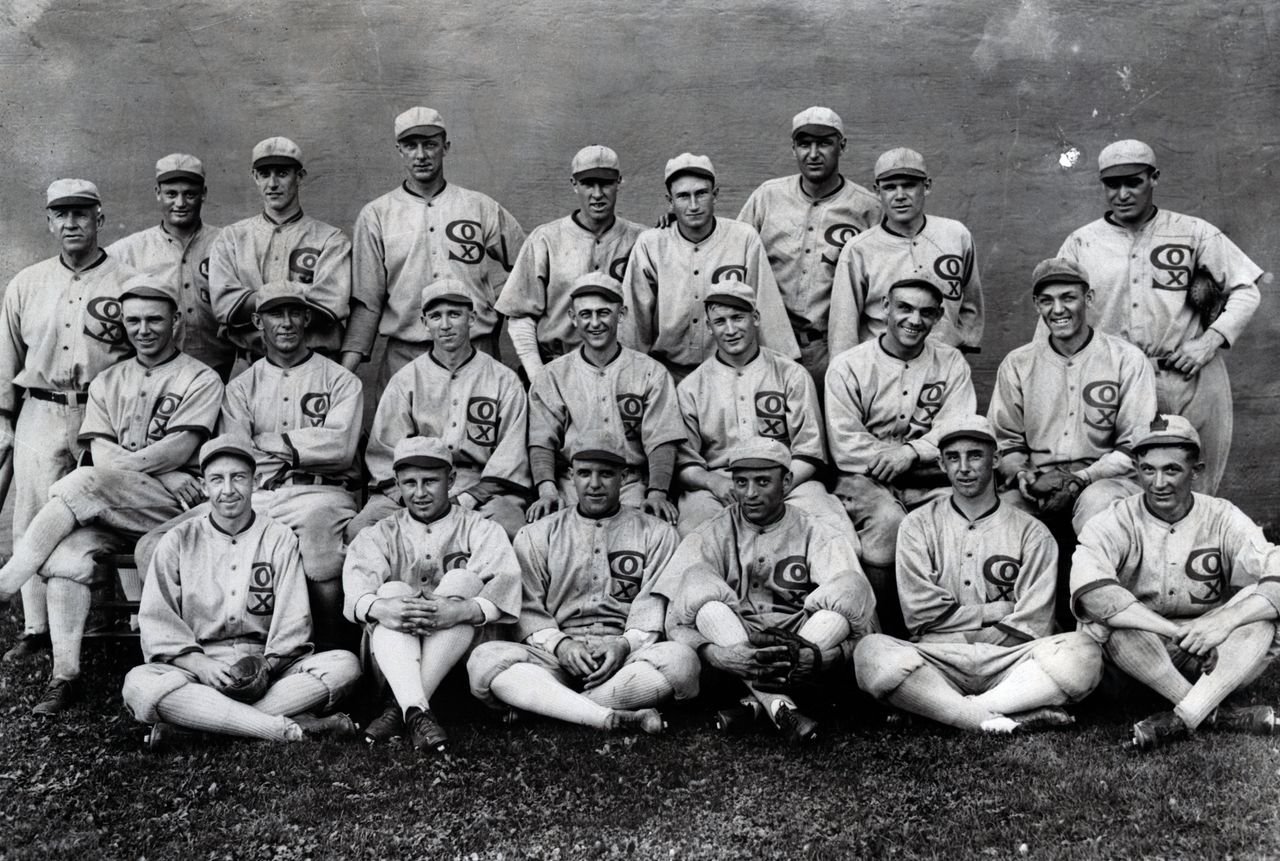
Gambling scandals have long tainted sports. The 1919 Black Sox scandal involved eight players accused of throwing the World Series for money. Baseball superstar Pete Rose received a lifetime ban for betting on baseball, a penalty that has blocked the game’s all-time hits leader from the Hall of Fame. Point-shaving scandals have periodically roiled college basketball, and NBA referee Tim Donaghy went to prison for betting on games he officiated.
Those issues, however, were largely kept at arm’s length from competition organizers, confined to the sportsbooks of Las Vegas and the national shadow network of illegal bookmakers. Sports leagues intent on preserving the integrity of their product continued to view gambling as the ultimate taboo.
But as the framework for legal sports betting expanded, starting with a Supreme Court ruling in 2018 and followed by states’ own gambling legalization efforts, the sports themselves couldn’t wait to cash in. A conversation that had always taken place in the dark spilled into the open.
Odds are now openly discussed on live broadcasts. Ads for betting apps seem to appear during every commercial break and are plastered around stadiums and arenas. Sports leagues even have gambling-focused programming on their official networks.
The clear message is that leagues want their consumers to keep betting, believing that fans will stay glued to their televisions as long as they have money on the line. But in the rush to claim their gambling windfalls, they have created a dissonance between encouraging fans to place bets and reassuring them that the on-field outcomes remain unsullied.
That became abundantly clear last weekend during a broadcast on ESPN, a network that has a business relationship with virtually every American sports league while simultaneously licensing its name to a sportsbook, ESPN Bet. In a segment featuring college basketball betting advice, host Rece Davis described one of the discussed wagering opportunities as a “risk-free investment,” language that has been banned from gambling advertising in several states. Davis later described his remark as a joke, but the incident highlighted just how intertwined sports and gambling have become.
“On May 14, 2018, sports and sports betting came crashing together and will likely never be pulled apart again,” U.S. Integrity President Matt Holt said, referring to the day the Supreme Court overturned the Professional and Amateur Sports Protection Act, which had effectively outlawed sports betting in America.
What’s at stake now is the promise that lies at the very center of the sports experience: Fans and participants must believe that what they are seeing is true. Yet as the leagues and the gamblers grow closer together, the mere suggestion that players could be motivated to manipulate outcomes has been enough to create fresh doubts.
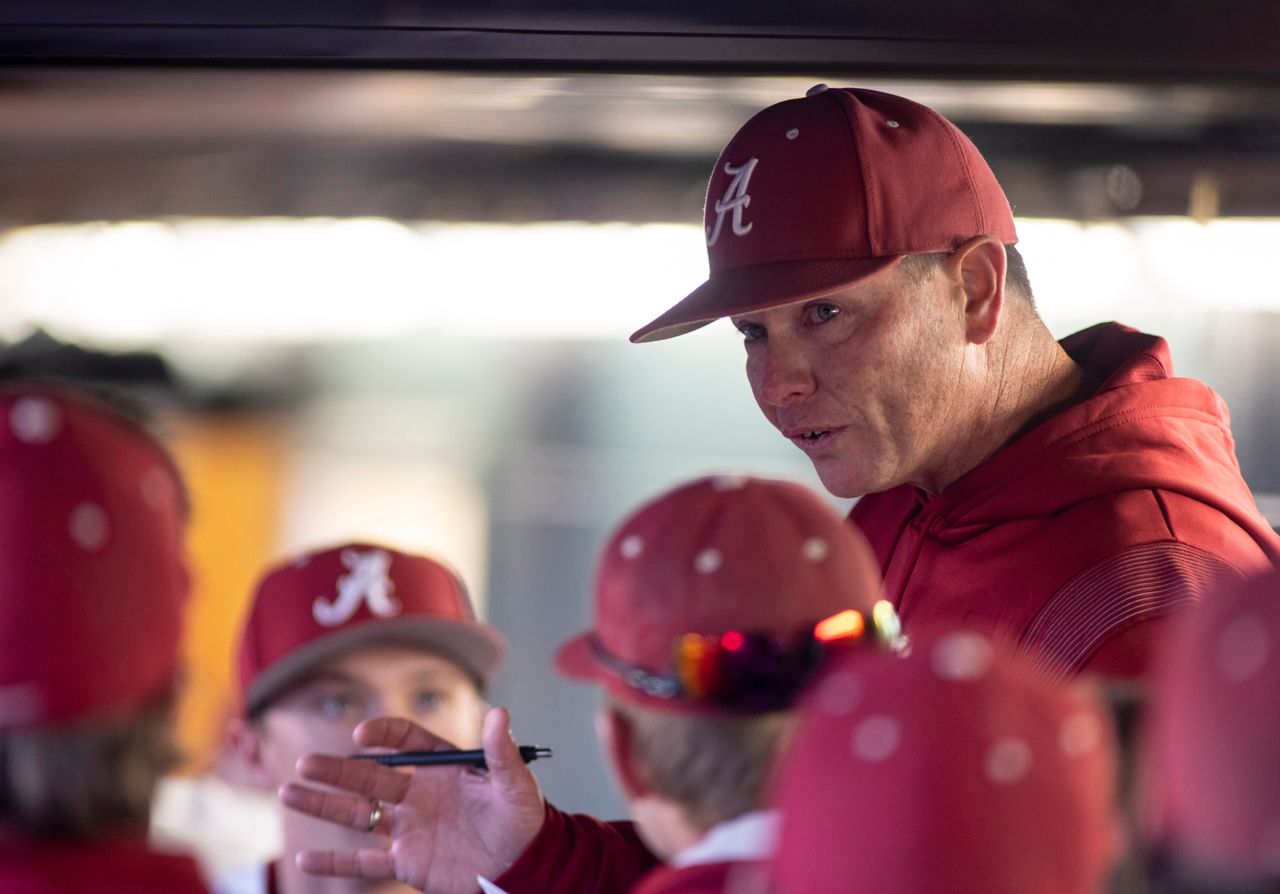
Last year, the University of Alabama fired its baseball coach, Brad Bohannon, after he was caught providing insider information about his team to a bettor. The gambler, a youth baseball coach in Indiana named Bert Neff, agreed to plead guilty to obstructing a federal grand jury investigation earlier this year. Bohannon, who hasn’t spoken publicly about the incident, has received penalties from the NCAA that effectively render him unhirable by a college program.
Around the same time Bohannon was dismissed, the University of Iowa and Iowa State University announced that they had received information from authorities about dozens of athletes suspected of wagering on sports, some of whom had bet on their own team. Most of them were sanctioned by the NCAA, and some were charged criminally.
“All it takes is for a reasonable fan to go, ‘Am I just watching theater, or is this actually sport?’ for the credibility of a sport to start crumbling,’” said Declan Hill, an expert on match fixing at the University of New Haven.
Since the prohibition on sports gambling was lifted, leagues that had once viewed betting as an existential threat to their integrity scrambled to partner with gambling companies and brought them into the tent. This winter, Los Angeles Lakers superstar LeBron James became a brand ambassador for DraftKings, where he will dispense picks for football games. The NBA itself also announced a new feature designed to mesh the betting experience with live action: Fans watching games on League Pass, the flagship streaming platform, would be able to opt in to view betting odds on the app’s interface and click through to place wagers.
Nothing, however, made the American marriage between sports and betting more public than what took place in the Nevada desert in February: The NFL held its first ever Super Bowl in Las Vegas.
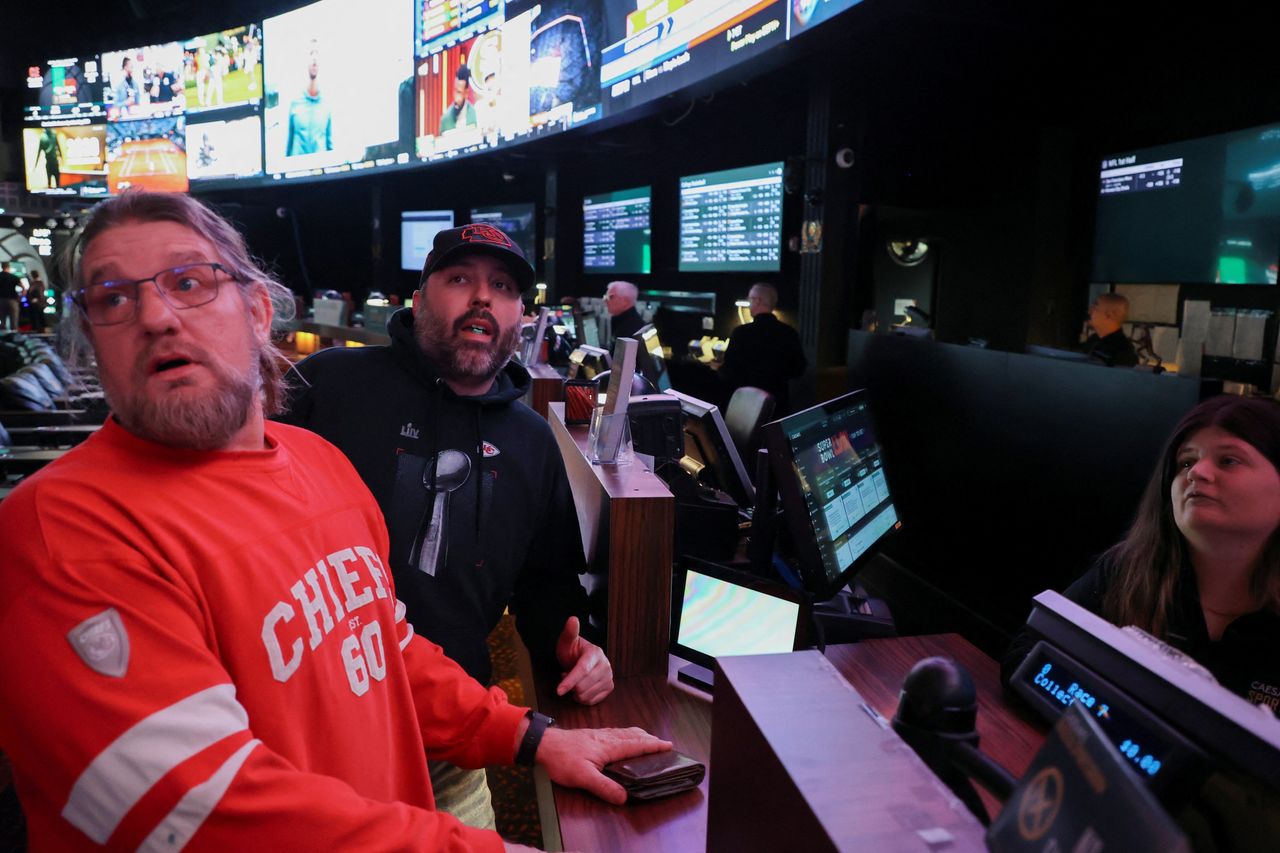
“They legalized sports wagering and we were no longer dirty,” Las Vegas Mayor Carolyn Goodman said before the game. “Once that opened up: bingo.”
Lately, though, athletes have felt the brunt of a sports world that suddenly places gambling squarely in the foreground. Last week, All-Star Indiana Pacers point guard Tyrese Haliburton said that he talks with a sports psychologist in part to help tune out the gambling-related negativity taking over his social-media feeds.
“To half the world, I’m just helping them make money on DraftKings,” Haliburton said Tuesday evening, naming one of the league’s partners. “I’m a prop.” He was referring to so-called proposition bets, in which gamblers can place wagers on specific outcomes such as how many points a player scores or rebounds he grabs.
Cleveland Cavaliers head coach J.B. Bickerstaff said that gambling had “gone too far.”
“I personally have had my own instances with some of the sports gamblers,” he added, “where they got my telephone number, were sending me crazy messages about where I live, and my kids and all that stuff.”
NBA spokesman Mike Bass said that instances of reported harassment related to sports betting are investigated.
Then, just days after Haliburton and Bickerstaff’s complaints, the NBA found itself grappling with a new case involving prop bets. The league is investigating suspicious activity around Porter, after app users placed sizable wagers that his totals for points, rebounds and assists in a pair of games would all come in under the lines set by oddsmakers. When Porter’s numbers fell below those marks and the bets paid out, it raised a red flag signaling possible irregularities.
Porter’s representatives did not immediately respond to a request for comment. The Raptors have listed him as away from the team for personal reasons.
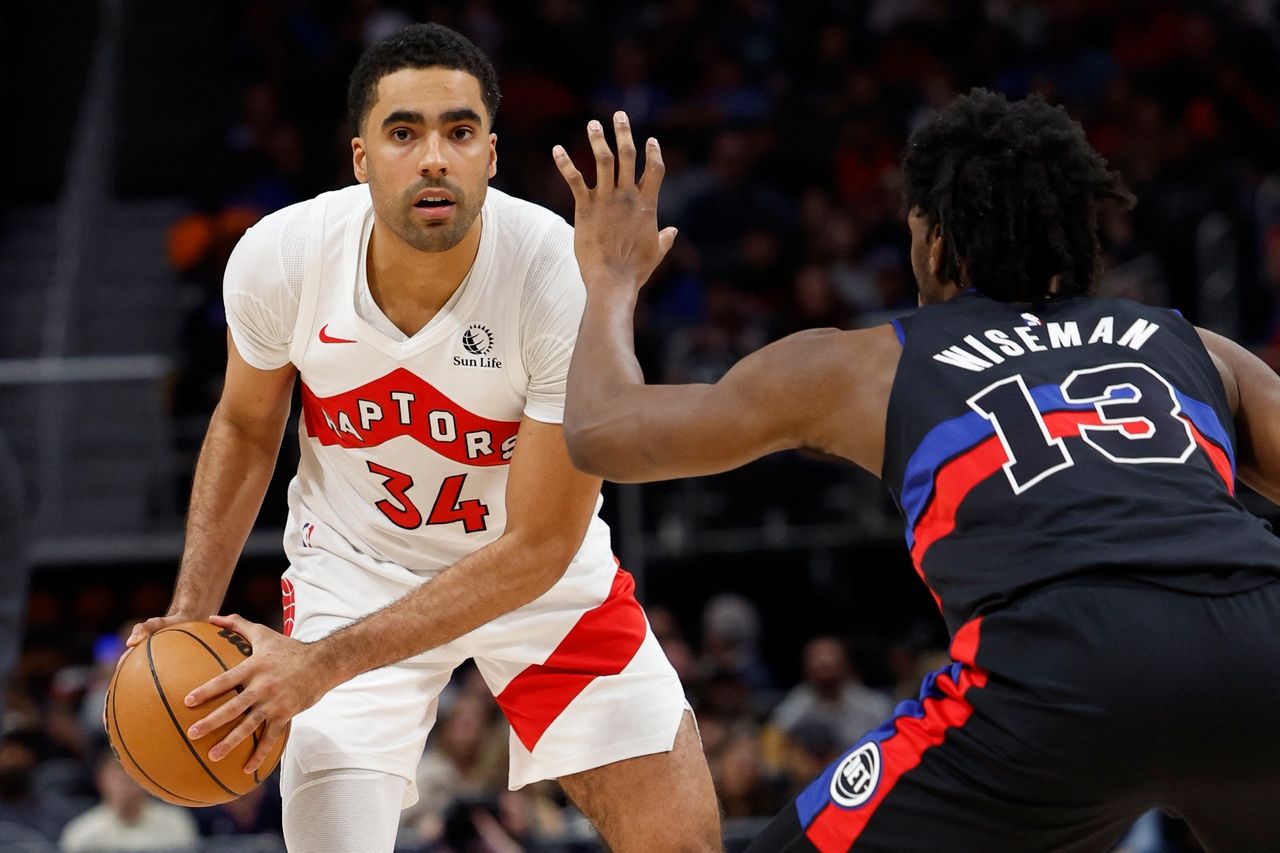
The NCAA has turned to state legislatures to impose regulations that would take single players out of gamblers’ crosshairs. The group is lobbying to ban player-specific proposition bets that aren’t directly related to the final score of the game—the exact kind of wagers at the center of the Porter situation in the NBA.
Ohio, Maryland and Vermont have all recently acceded to the NCAA’s request, prohibiting operators from offering these sorts of wagers. On Wednesday, Baker said the NCAA planned to contact officials across the country this week and ask them to add similar restrictions.
“You literally could have certain situations where somebody just says, ‘Look, you’re my friend. We’ve been friends a long time. I lost 500 bucks last week because you didn’t play well,’” Baker said last month. “‘And I still love you, but I’ve got to make rent next week. All I need you to do is miss your first two free throws.’”
Players run into even greater trouble when they’re the ones placing the bets. The U.S. professional leagues all prohibit athletes from wagering on their own sports, but there is little to stop them from gambling on other leagues. The problem now, with legal sports betting available from your phone, is that many athletes don’t even know what is permitted.
“Like everybody, we’re trying to learn and educate, make sure that all of our personnel—not just the players, all the personnel—understand the policy,” NFL commissioner Roger Goodell said.
When the NFL suspended a handful of players last spring, some of those penalized hadn’t bet on football but had broken a league rule prohibiting using gambling apps in team facilities.
In other words, they had simply been behaving like regular fans, following the same trend as millions of other Americans now encouraged—and empowered—to bet on sports.
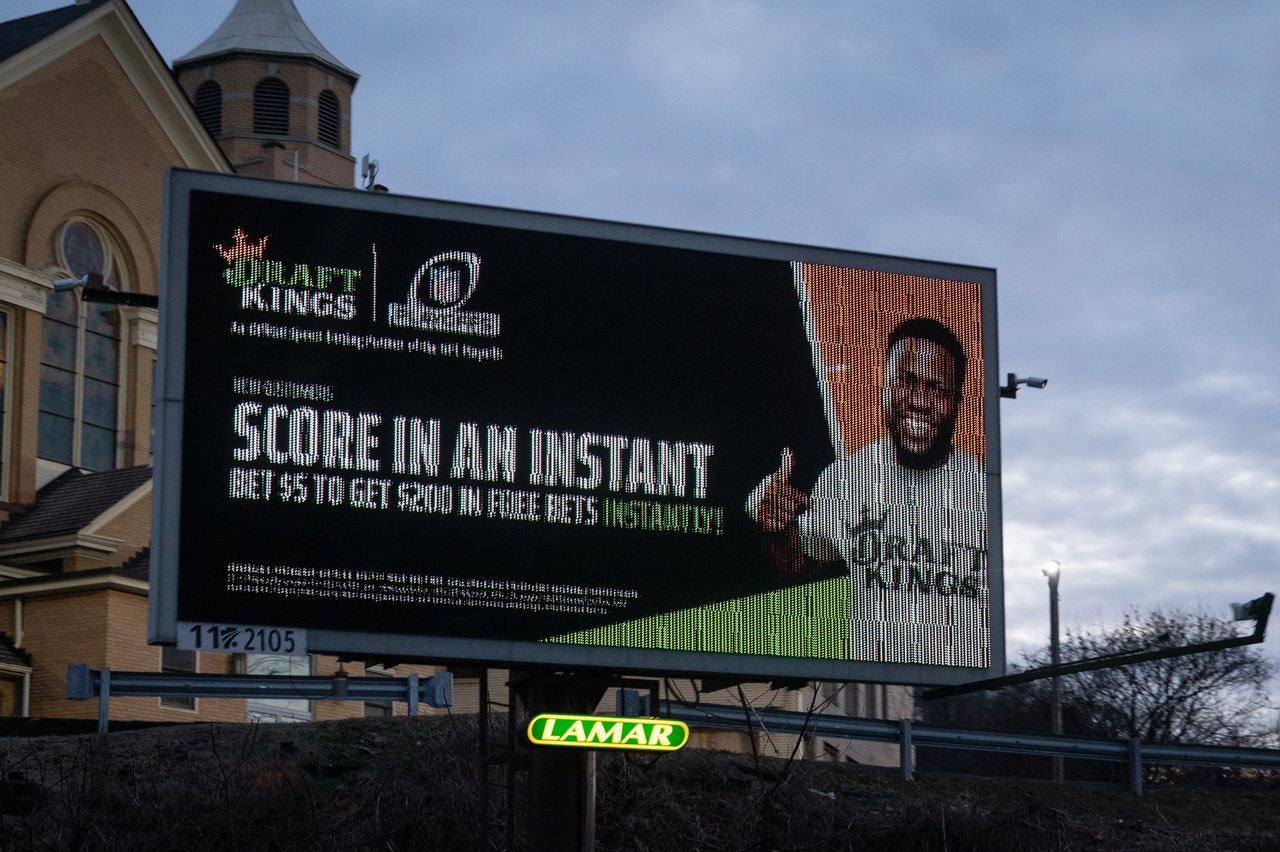
—Andrew Beaton contributed to this article.
Write to Joshua Robinson at [email protected], Jared Diamond at [email protected] and Robert O’Connell at [email protected]
News Related-
Russian court extends detention of Wall Street Journal reporter Gershkovich until end of January
-
Russian court extends detention of Wall Street Journal reporter Evan Gershkovich, arrested on espionage charges
-
Israel's economy recovered from previous wars with Hamas, but this one might go longer, hit harder
-
Stock market today: Asian shares mixed ahead of US consumer confidence and price data
-
EXCLUSIVE: ‘Sister Wives' star Christine Brown says her kids' happy marriages inspired her leave Kody Brown
-
NBA fans roast Clippers for losing to Nuggets without Jokic, Murray, Gordon
-
Panthers-Senators brawl ends in 10-minute penalty for all players on ice
-
CNBC Daily Open: Is record Black Friday sales spike a false dawn?
-
Freed Israeli hostage describes deteriorating conditions while being held by Hamas
-
High stakes and glitz mark the vote in Paris for the 2030 World Expo host
-
Biden’s unworkable nursing rule will harm seniors
-
Jalen Hurts: We did what we needed to do when it mattered the most
-
LeBron James takes NBA all-time minutes lead in career-worst loss
-
Vikings' Kevin O'Connell to evaluate Josh Dobbs, path forward at QB
